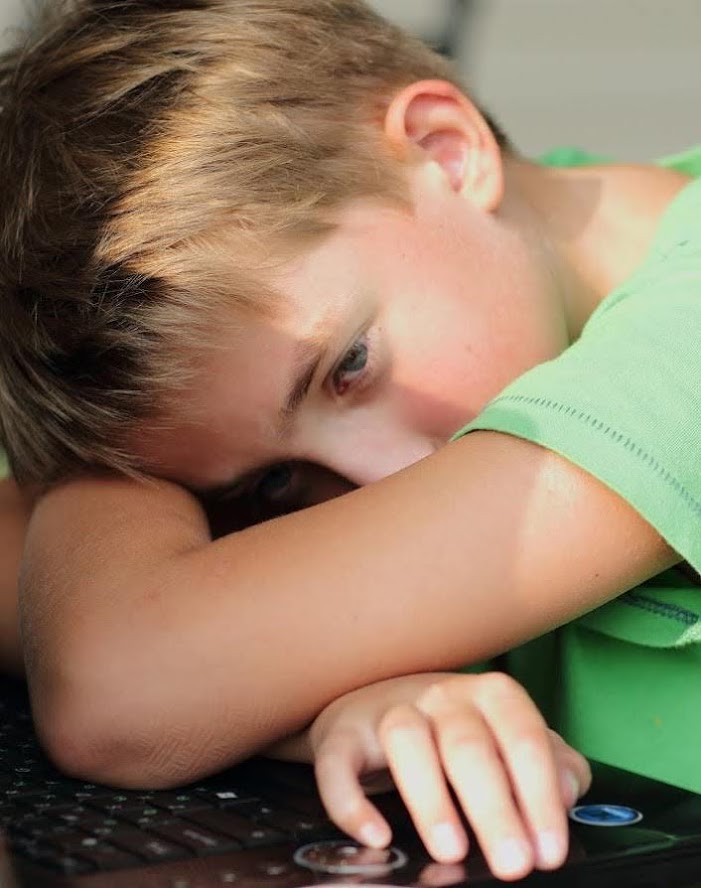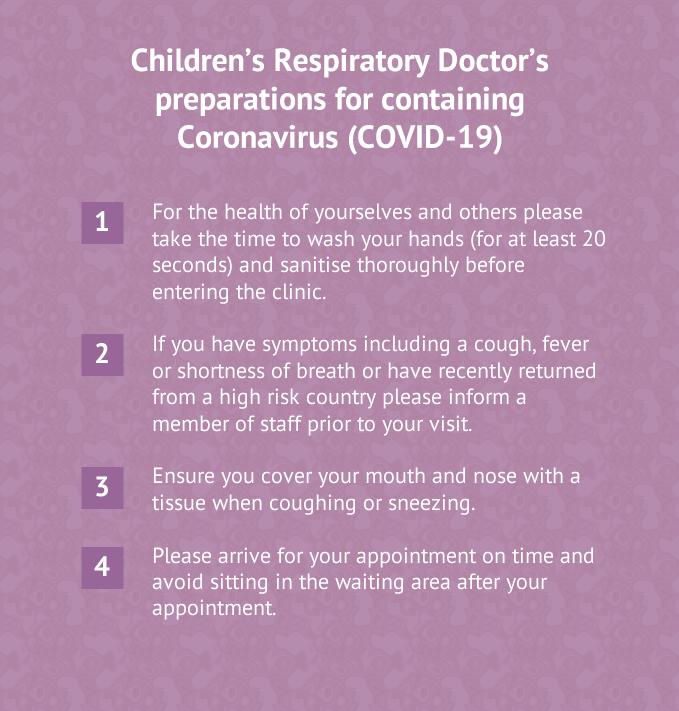Our mental health can have a big impact on many areas of our lives, including how well we can sleep. With growing awareness of mental health and sleep disorders in children it is becoming clear that these two issues are often linked.

How Can Mental Health Affect Sleep?
Sleep problems can happen for many different reasons in both adults and children. Some of the most common reasons why children have difficulty sleeping are due to a bad sleeping environment. The bedroom may be too light, noisy, or filled with distractions such as smartphones and other devices. In other cases, sleep disorders can be due to specific conditions such as sleep apnoea or restless leg syndrome. However, many children who have trouble sleeping are actually preoccupied with emotional problems.
Many parents will have had similar experiences themselves. When you are worried or upset about something, you can often find yourself lying awake at night thinking about it. Children can also have trouble getting to sleep when they are stressed, anxious or sad. Other kinds of sleep disorders in children can also be a sign of an emotional problem. For example, children are more likely to have nightmares when they are unhappy.
The problems that prevent children from sleeping properly can also be a bit different than for adults. Children have their own worries that might not seem as important or obvious to adults. This is why it is so important to talk to a child who is having sleep problems about how they are feeling and whether anything is worrying them. Sometimes the key to solving sleep problems is to identify the underlying emotional or mental cause.
Common reasons why children might have trouble sleeping include:
- Stress over schoolwork or exams
- Arguments with friends
- Social anxiety
- Bullying including online bullying
- Worry about family issues
- Feeling upset about stories in the news
- Difficulty adjusting to changes such as moving to a new house or school
- Depression
- ADHD
Mental health and Sleep Disorders
Issues such as stress and anxiety can make it harder for children to get to sleep but this isn’t the only connection between mental health and sleep disorders. The relationship between these two issues goes both ways. Mental health problems can make it harder for children to sleep. Sleep problems can also have a negative impact on mental health. Sometimes this can create a loop, with each issue making the other worse. A child who is feeling anxious might find it harder to sleep, which can make them feel more worried, making it even harder to relax.
The close connections between mental health and sleep disorders mean that it can be essential to consider them together. Children who are affected by negative emotions or mental health disorders such as depression or social anxiety will often have sleep problems too. Identifying the mental causes of these sleep problems can help children to sleep better. Finding ways to improve children’s sleep can also have a significant impact on their mental wellbeing.



